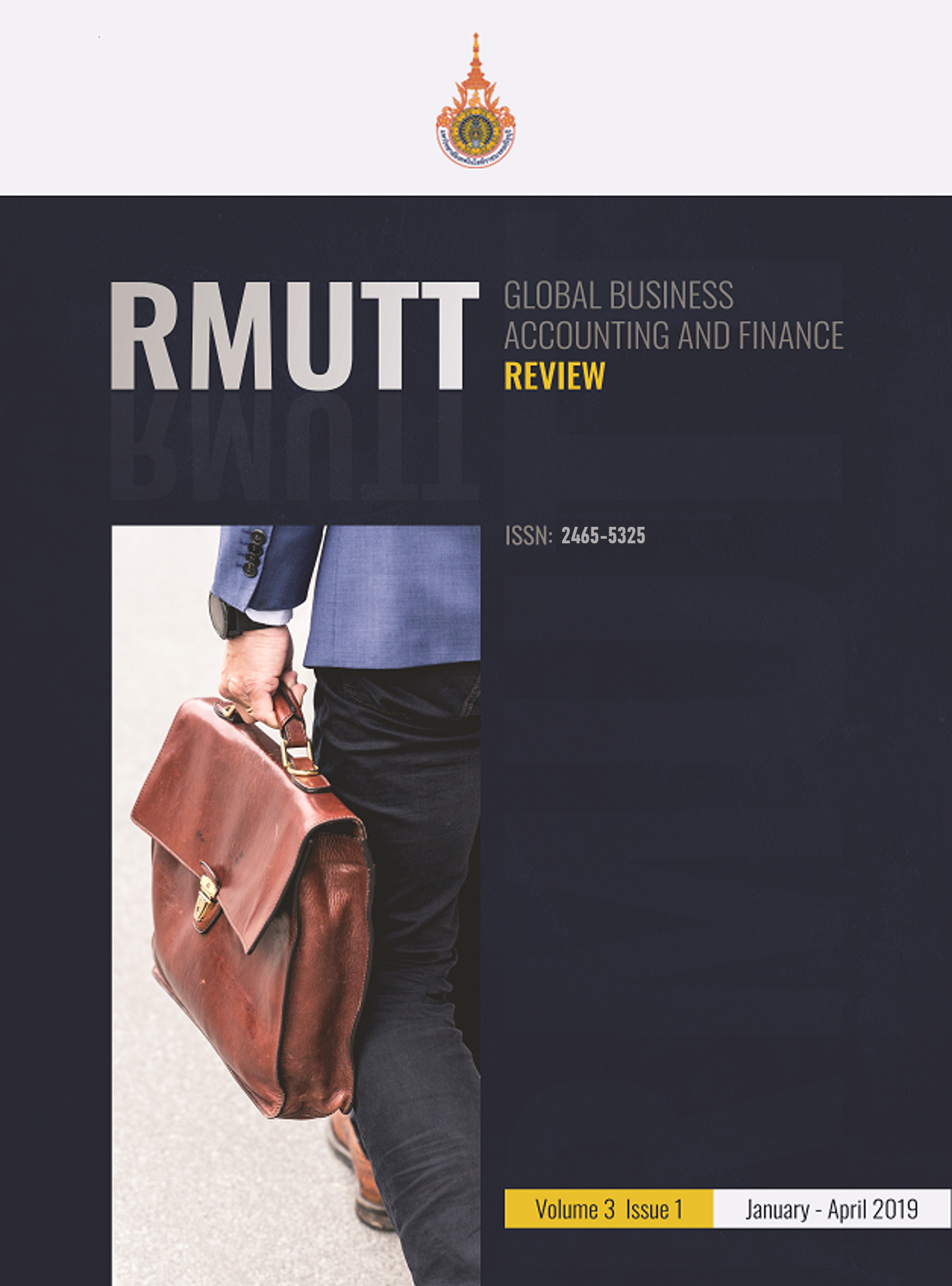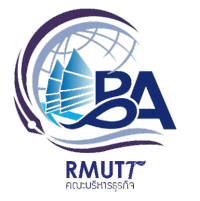THE LEVEL OF SUSTAINABILITY REPORTING FOR LISTED COMPANIES IN THE STOCK EXCHANGE OF THAILAND CASE STUDY: HOME AND OFFICE BUSINESS SECTOR
Keywords:
Sustainability Development, Sustainability ReportAbstract
The research aimed to study the sustainability report level of home and office business sector in the stock exchange of Thailand. Data from the annual reports of 2016 and annual report (56-1) were collected by using GRI G4, and the data analysis results in five parts were presented: Part 1 is the results of the study about the level of the Global Reporting Initiative GRI G4 disclosure and the Sustainability Assessment, Part 2 is the results of the study about the level of economic dimension disclosure, Part 3 is the results of the study about the level of environmental dimension disclosure, Part 4 is the results of the study about the level of social dimension disclosure and Part 5 is the results of the study about the level of the categorized dimension information disclosure.
The research results found that the overall level of the reports disclosure of the firms is at 78.79 and the economic dimension disclosure is the highest level study of the firms, and the next one is environmental dimension, while the lowest one is social dimension. The highest sustainability report level includes sustainability information disclosure. There are five divisions as followed; the 1st, the 7th, the 12th, the 14th and 15th division. The lowest sustainability report level is the 6th.
In terms of suggestions for further researches to measure the sustainability report level, it can be compared more clearly by categorizing the level of business group based on the size of the business and the market value as the criterion.
References
Amran, A., & Keat Ooi, S. (2014). Sustainability Reporting: Meeting Stakeholder Demands. Strategic Direction, 30(7), 38-41.
Ballou, B., Heitger, D., & Landes, C. (2006). The rise of corporate sustainability reporting: A rapidly growing assurance opportunity. Journal of Accountancy, 202(6), 65-74.
Cookies on the GRI website. G4 SUSTAINABILITY REPORTING GUIDELINES. March 2018, from https:// www.globalreporting.org/information/sustainability-reporting/Pages/default.aspx
Jamieson, D. (1998). Sustainability and Beyond. Ecological Economics, 24(2-3), 183-192.
Jithendran, K. J., & Baum, T. (2000). Human Resources Development and Sustainability — The Case of Indian Tourism. International Journal of Tourism Research, 2(6), 403-421.
Making the Connection. Using the GRI G4 Guidelines to Progress on the UN Global Compact Principles. March 2018, from https://www.globalreporting.org/resourcelibrary/Presentation-Making-theConnection.pdf
Reed, R. G., & Wilkinson, S. J. (2005). The increasing importance of sustainability for building ownership. Journal of Corporate Real Estate, 7(4), 339-350.
Thai CSR Network. Sustainability Report. April 2018, from http://www.thaicsr.com/ 2012/11/blogpost_9513.html.
The Securities Exchange of Thailand, (2018). Sustainability Development Roadmap. March 2018, from http://www.sec.or.th/TH/Documents/sd_roadmap/sd_roadmap_p.pdf
Tranfield, D., & Starkey, K. (1998). The Nature, Social Organization and Promotion of Management Research: Towards Policy. British Journal of Management, 9(4), 341-353.
Zahra, S. A., & Covin, J. G. (1993). Business Strategy, Technology Policy and Firm Performance. Strategic Management Journal, 14(6), 451-478.









